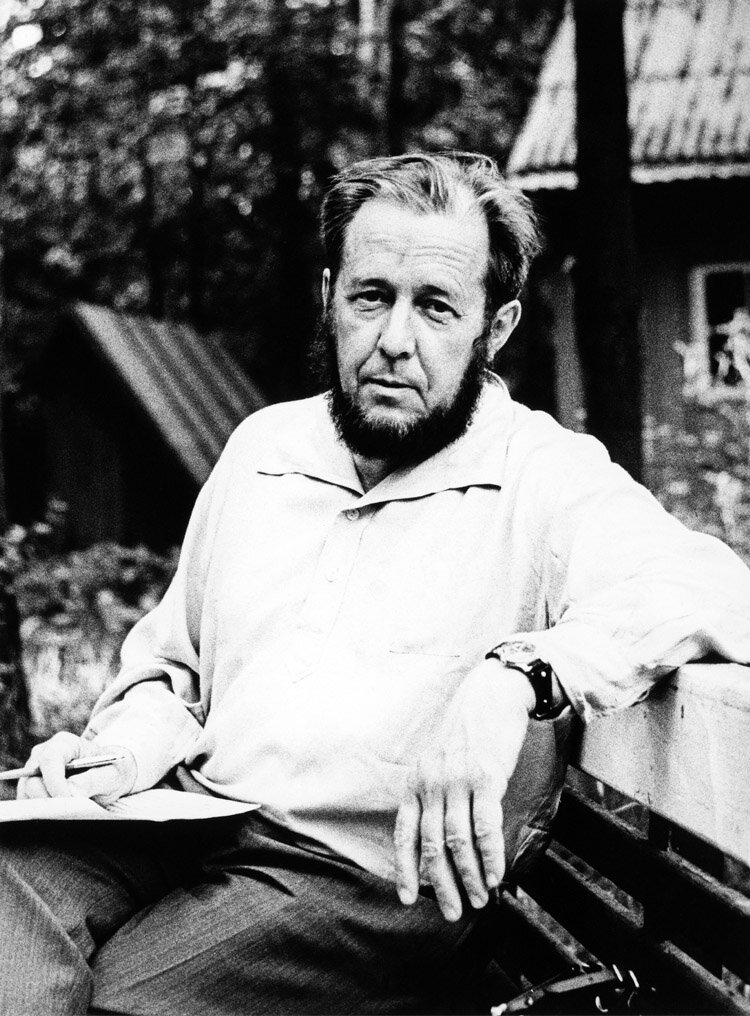Marjane Satrapi’s persepolis, chinua achebe’s things fall apart, and the danger of a single story
cycle 7, class 3 november 1, 2
(1) Appositive Phrases
(2) We’ll continue our discussion of Persepolis.
cycle 7, class 4 NOVEMBER 3, 4
Persepolis and the danger of a single story
The first video I’d like you to watch is a TED talk by the novelist Chimamanda Adichie. The 2009 talk, now incredibly famous, is called “The Danger of a Single Story”; it gives us one of our premises for the unit: Our limited perspectives stem from a lack of diverse representation in the stories we tell and, as a result, creates stereotypes; “the problem with stereotypes,” according to Adichie, “is not that they are untrue, but that they are incomplete.” What do you think Adichie means here? Do you agree with her? Please take notes as you watch.
The second video you’re to watch is an excerpt from actor Riz Ahmed’s 2017 address to the UK House of Commons. Once again, please take notes. We’ll watch from 1:37 to 12:15. What overlap do you see between Adichie’s and Ahmed’s arguments?
cycle 7, class 5 NOVEMBER 4, 5
Let’s start with a look at THETRUESIZE.
We’ll then look at European imperialism and conquest during the late 19th century and early 20th century.
Who was Joseph Conrad, and why am I having you read excerpts from his novel, Heart of Darkness?
Let’s look as a few pages of the excerpts from Conrad’s Heart of Darkness.
TO DO:
(1) Read Mike Kubic’s “The Scramble for Africa”, provided as a handout.
(3) Read Chapters 1-3 of Achebe’s Things Fall Apart. I will lead the first discussion on the novel.
Things Fall Apart Reading Schedule
current text to have daily
DOCS TO HAVE HANDY
Essay Writing Process (“Sonny’s Blues”)
fall final essay questions
“The Appointment in Samarra”: To what extent do the characters in the stories we read have personal determination, that is, control their fate?
“The Scorpion and the Frog”: If characters have personal determination, to what extent are their choices a result of their nature?
fall reading list
Christie, The Murder of Roger Ackroyd
Chopin, “The Story of an Hour”
Faulkner, “A Rose for Emily”
Updike, “A&P”
Perkins Gilman, “The Yellow Wallpaper”
Jamaica Kincaid, “Girl”
Poe, “The Cask of Amontillado”
Jackson, “The Lottery”
O’Connor, “A Good Man is Hard to Find”
Baldwin, “Sonny’s Blues”
Satrapi, Persepolis
Achebe, Things Fall Apart
enjoying literature
“In the realm of narrative psychology, a person’s life story is not a Wikipedia biography of the facts and events of a life, but rather the way a person integrates those facts and events internally—picks them apart and weaves them back together to make meaning. This narrative becomes a form of identity, in which the things someone chooses to include in the story, and the way she tells it, can both reflect and shape who she is. A life story doesn’t just say what happened, it says why it was important, what it means for who the person is, for who they’ll become, and for what happens next.”


















